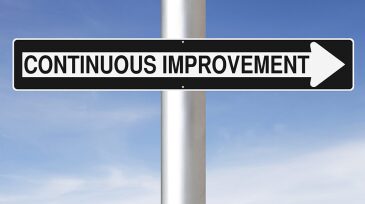
Doug Lehr
Senior Manager for Design for Reliability Baker Hughesis senior manager for design for reliability activities at Baker Hughes. His current focus is driving reliability in new products. Lehr has 40 years of experience in the development of downhole tools for completion and intervention applications, including high-pressure/high-temperature (HP/HT) packers, composite fracturing plugs, and deepwater intervention tools. He has authored nine technical papers, holds 29 patents, and has chaired SPE HP/HT workshops. Lehr holds a BS degree in mechanical engineering from The University of Texas at Austin and an MBA degree in finance and marketing from the University of Houston. He was an SPE Distinguished Lecturer and has won numerous engineering awards. Lehr is a member of the JPT Editorial Committee and can be reached at douglas.lehr@bakerhughes.com.







